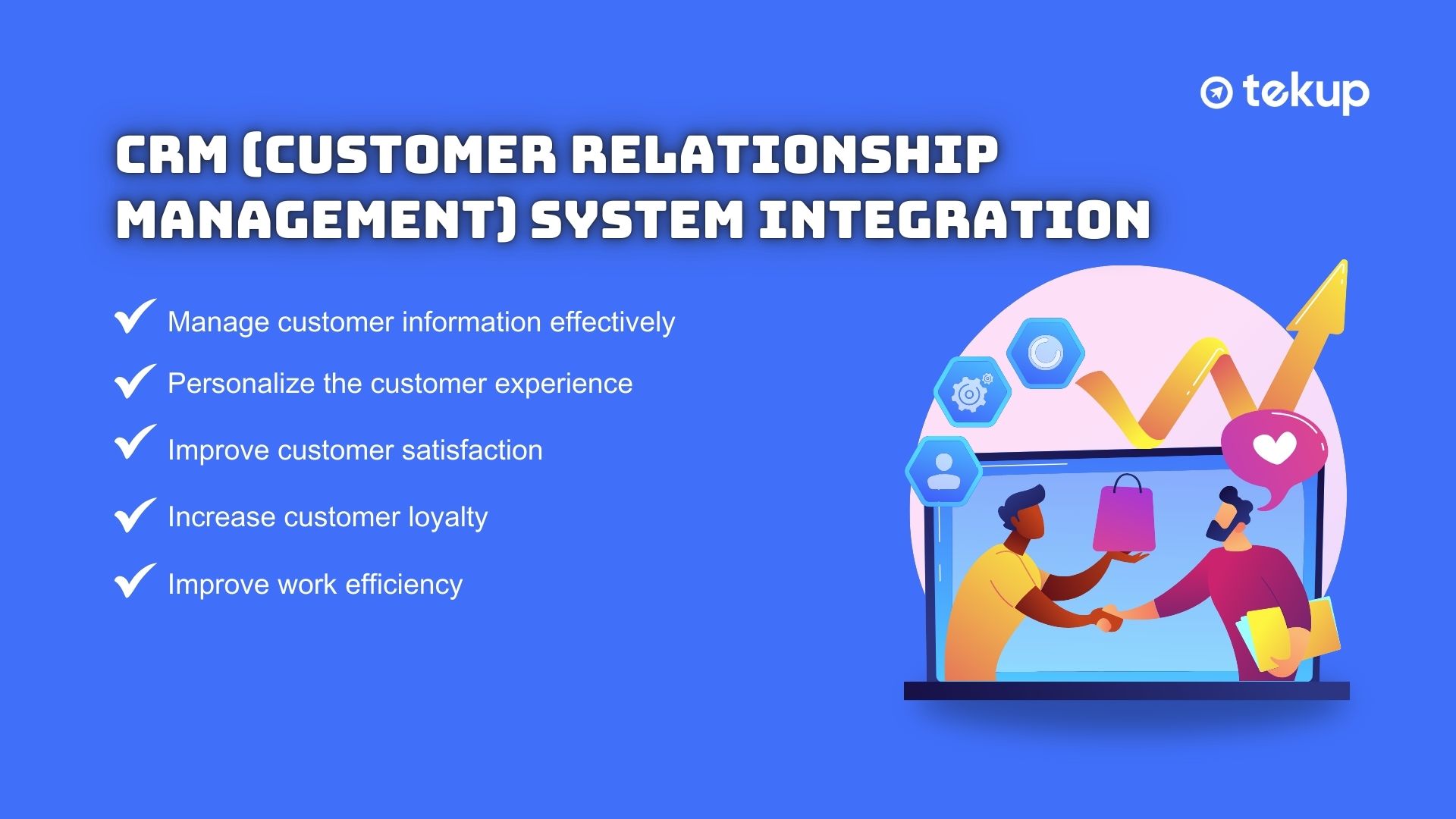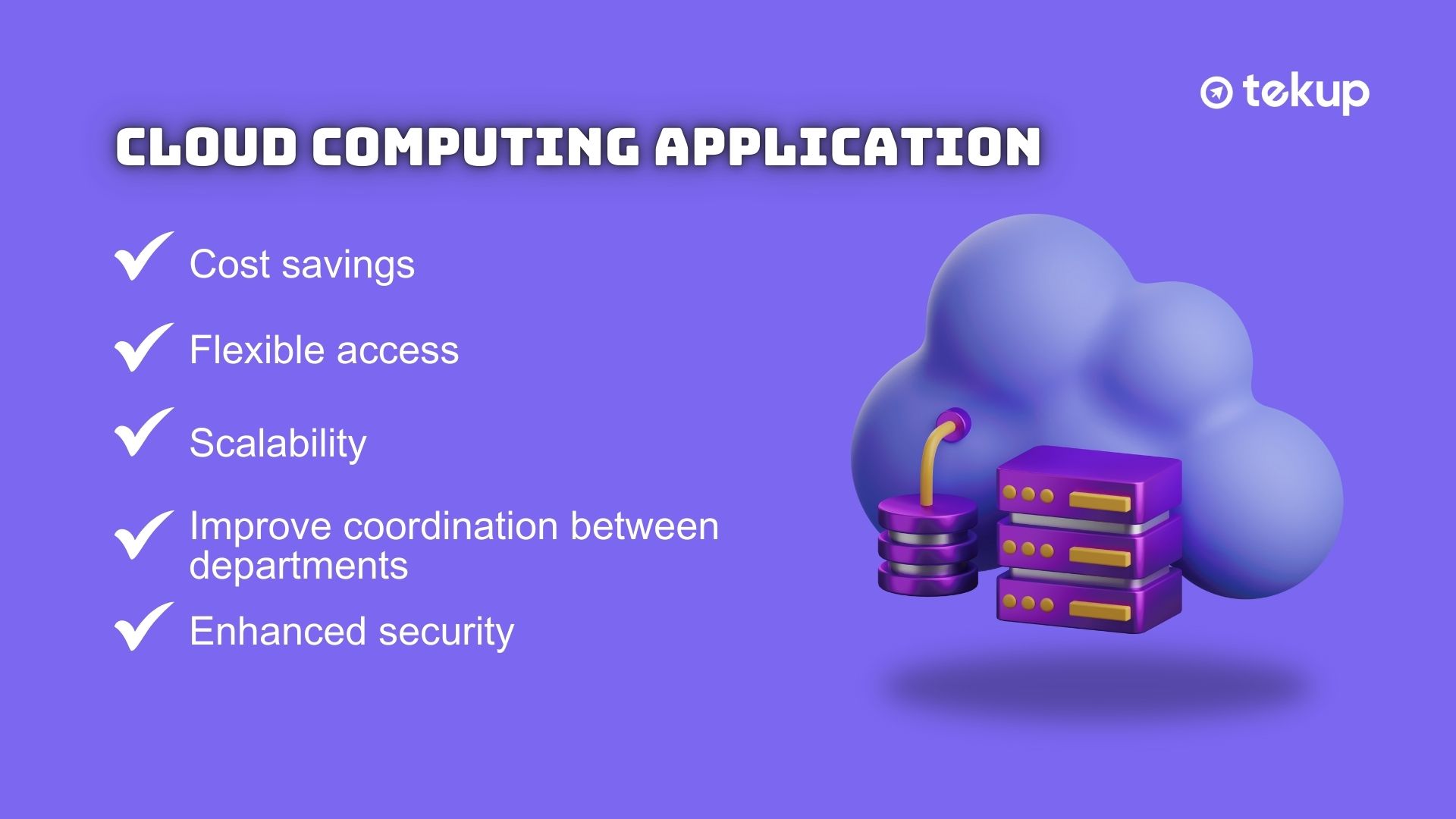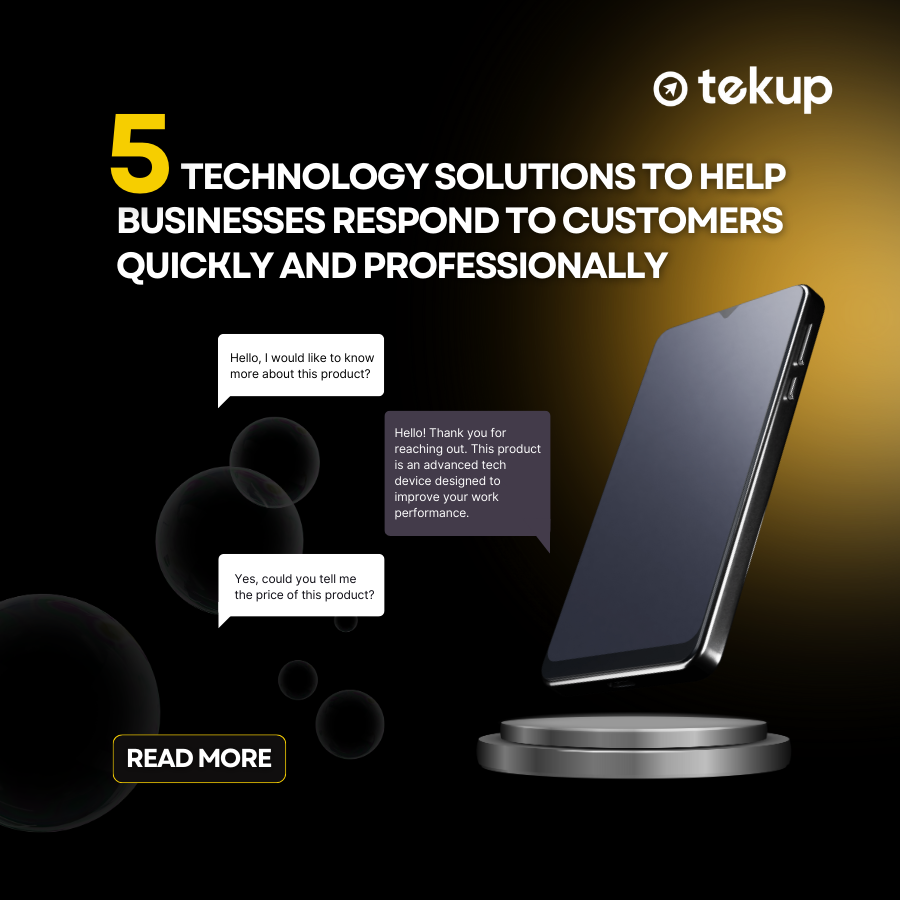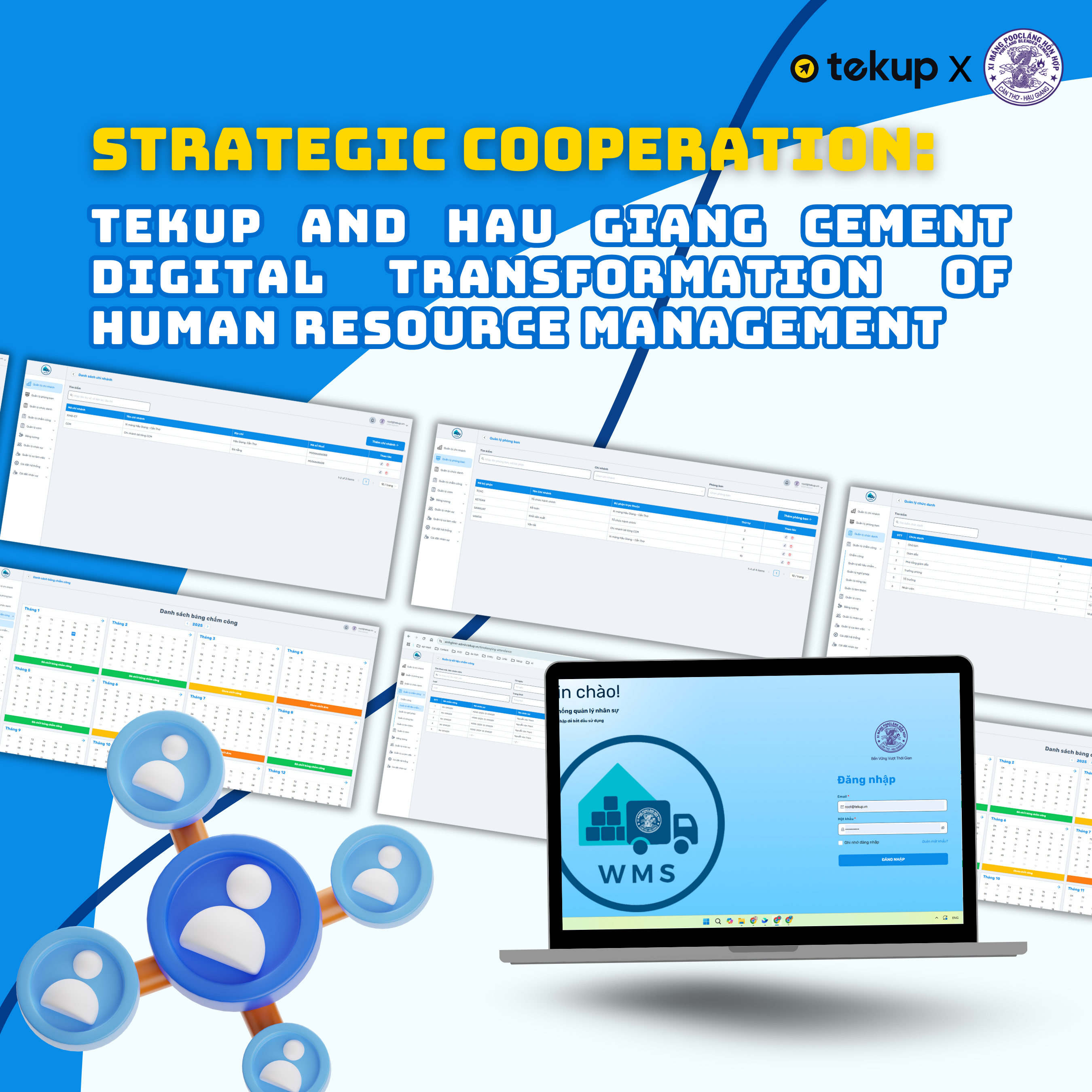According to a study by HubSpot, 82% of customers expect a response within 10 minutes of contacting a business. This pushes companies to continuously improve and adopt new technologies to meet this demand. Specifically, in the technology sector, using tools like chatbots, artificial intelligence (AI), and data analytics not only helps businesses respond quickly but also enhances professionalism in every interaction. For instance, a report from IBM states that companies using AI to automate customer support can save up to 30% in operational costs and increase problem resolution speed by up to 50%. Thanks to these technologies, businesses can create exceptional customer experiences, making customers feel valued and more professionally served than ever before.
Using Chatbots and Artificial Intelligence (AI)
Chatbots powered by artificial intelligence (AI) are becoming increasingly popular for providing 24/7 customer support. These powerful tools help address frequently asked questions and deliver information quickly without human intervention. With the ability to learn from previous interactions, chatbots can gradually improve their accuracy and personalize responses, creating a friendly and efficient experience for customers.

The use of chatbots and AI offers numerous benefits for businesses. Firstly, they reduce the workload on customer support teams by handling common inquiries and simple requests. This not only saves time but also allows staff to focus on more complex issues. Additionally, chatbots provide instant responses, ensuring customers receive answers 24/7, regardless of the time of day. By leveraging AI, chatbots learn from past interactions, enhancing the accuracy and personalization of their replies, which leads to better customer experiences. Furthermore, businesses can save costs since chatbots minimize the need for human resources to manage basic requests. Finally, with the ability to support multiple languages and operate across time zones, AI-powered chatbots enable companies to efficiently reach and assist a global customer base.

Integrating CRM (Customer Relationship Management) Systems
A CRM (Customer Relationship Management) system is a crucial tool that helps businesses track, manage, and analyze their relationships with customers. When integrated into customer service processes, CRM allows businesses to store detailed information about customers, transaction history, and previous support requests. This enables customer service representatives to quickly grasp the situation and provide accurate, timely responses. Additionally, CRM helps businesses create personalized customer care strategies, targeting the specific needs and desires of each customer, thus building long-lasting relationships and enhancing customer loyalty.

Integrating a CRM system offers several significant benefits for businesses in customer care. First, CRM helps companies manage customer information efficiently by storing detailed transaction histories and previous support requests. This makes it easy for staff to access information and respond to customers quickly, improving work efficiency. Moreover, CRM systems provide essential data to personalize the customer experience, targeting the needs and desires of individual users, which creates a highly interactive customer service. As a result, customers feel more valued and well taken care of, increasing satisfaction and loyalty. By maintaining strong relationships with customers, businesses can not only improve service quality but also create opportunities for long-term and sustainable growth.

Applying Cloud Computing Technology
Cloud computing is becoming a crucial tool that helps businesses improve their customer response capabilities. With the ability to store and access data remotely, cloud systems enable customer support staff to access necessary information anytime, anywhere, without being limited by space or devices. This ensures that the response process is quick and continuous. Cloud technology also helps businesses minimize investment costs in infrastructure and hardware, while providing flexible scalability as the business grows.

Cloud technology offers several practical benefits for businesses in responding to customers. One of the greatest advantages is cost savings, as businesses do not need to invest in expensive hardware and software infrastructure. Additionally, cloud technology allows employees to access company data and resources anytime, anywhere, from any device, enhancing the speed and accuracy of responses. Furthermore, with flexible scalability, businesses can easily adjust their infrastructure as demands change without disrupting operations. Notably, cloud technology also improves coordination between departments within a company, as everyone can share data and work synchronously. Lastly, modern cloud services provide robust security features, ensuring that customer information is protected safely and reliably.

Diverse Communication Channels (Omnichannel)
Today’s customers use a variety of channels to communicate with businesses, from email, live chat, to social media platforms like Facebook, Instagram, and messaging apps such as WhatsApp. Therefore, implementing an omnichannel strategy helps businesses maintain a seamless communication system across all platforms, ensuring that customers can access support quickly and conveniently. With omnichannel, all customer information and requests are stored and synchronized, allowing support staff to track and resolve issues without interruptions between different communication channels. This not only saves time for customers but also improves the efficiency of the customer care team.

Diverse communication channels (omnichannel) offer significant benefits for both businesses and customers. First, omnichannel enhances the customer experience by providing flexibility in communication methods. Customers can interact with businesses through various channels, from email and live chat to social media, saving time and receiving support when needed. Additionally, this strategy ensures continuity in communication, as all customer information and requests are synchronized across channels, allowing staff to address issues quickly and accurately. Furthermore, with accessibility across multiple platforms, businesses can increase engagement and expand opportunities to serve customers at any time. Lastly, omnichannel creates a consistent experience, making customers feel valued and professionally served while optimizing work efficiency for the customer support team.
Data Analysis and Process Automation
Using data analysis tools and automation helps businesses identify customer trends and needs. When an issue is detected through collected data, the system can automatically send notifications or request timely support, minimizing delays in responses. Additionally, data analysis helps companies improve service quality and reduce errors during customer support processes.

Data analysis and process automation offer significant benefits for businesses in enhancing customer response quality. Data analysis allows businesses not only to better understand customer needs and behaviors but also to predict potential issues, enabling timely preventative measures. At the same time, process automation eliminates manual steps, increasing efficiency and reducing errors, which improves service quality. With analytical capabilities, businesses can personalize services and solutions for customers, creating a distinct difference in user experience. Lastly, automation helps companies save costs and boost productivity, as many tasks can be performed quickly and accurately without human intervention.
Using technology to optimize customer response processes is an essential strategy in the digital age. Technological solutions like chatbots, CRM, cloud technology, omnichannel, and data analysis help businesses not only meet customer needs quickly but also create memorable and professional experiences. By adopting these technologies, businesses can enhance work efficiency and build long-term relationships with customers, thereby expanding opportunities for growth and improving competitiveness in the market.



